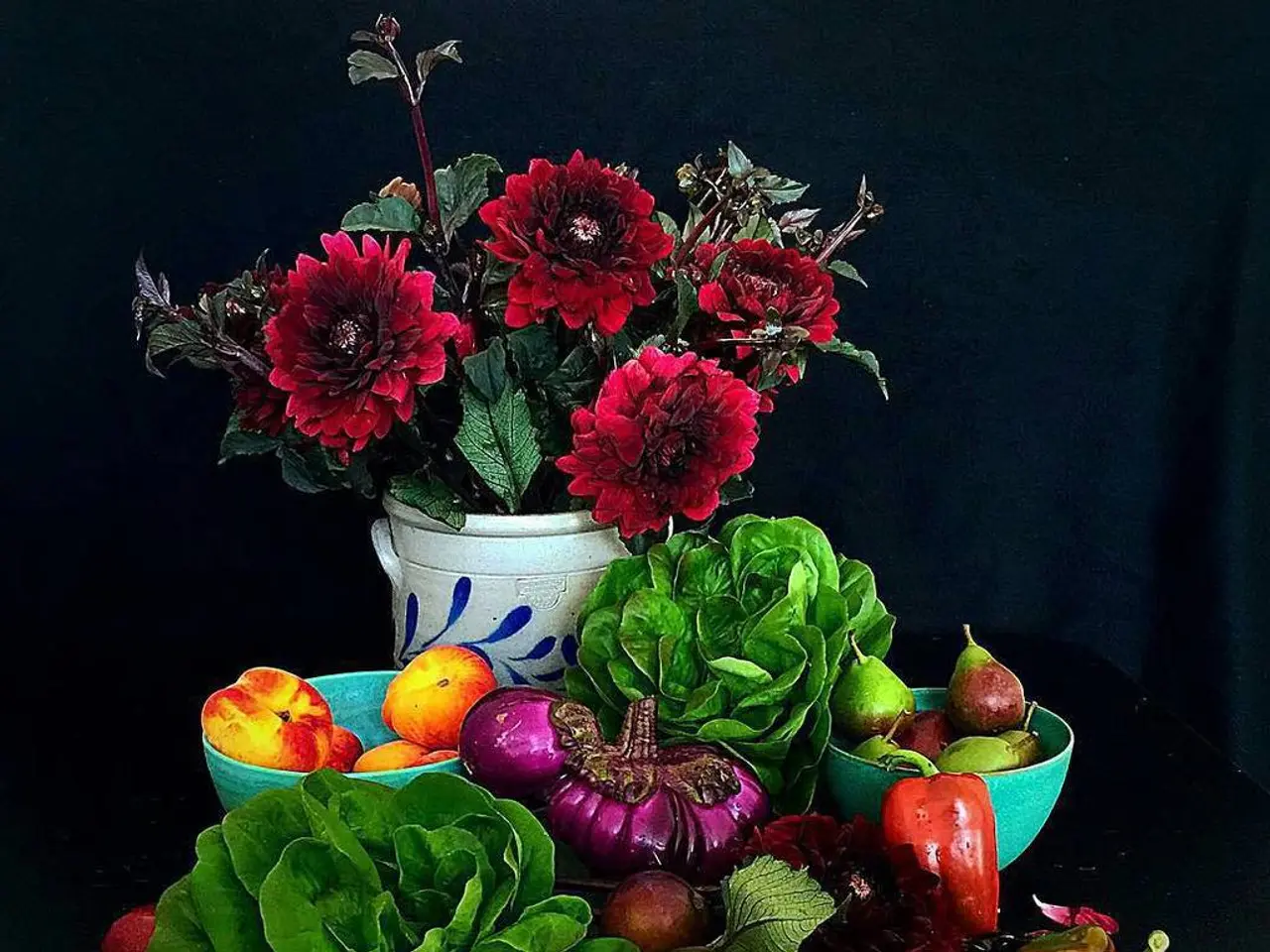Bangladesh's Black Soya Bean Trials Show Promise for Nutritious Superfood
Initial trials in Bangladesh suggest promising results for black soya bean cultivation. This unique variety, known as 'kuromame', has shown good germination rates and satisfactory growth under local conditions. The bean is celebrated for its glossy black colour, sweet-nutty flavour, and high nutritional value, earning it the status of a superfood.
Black soya bean opens up new market niches, such as roasted snacks, soy flour for breads, noodles, and biscuits, soy milk, tofu, and nutraceuticals. Despite its potential, it remains largely unfamiliar to Bangladeshi farmers and consumers. However, global interest is growing among researchers, agribusiness entrepreneurs, and policymakers to introduce it on a larger scale.
Anthocyanins, the compounds that give blueberries their colour, are also found in black soya beans. These act as natural protectors against chronic diseases. Compared to yellow soya beans, black soya beans contain more antioxidants and bioactive compounds, making them more versatile in culinary uses. They also have a low glycaemic index, isoflavones, and dietary fibre, making them ideal for managing diabetes and improving overall health.
If properly developed, black soya bean could enrich local diets, provide farmers with a profitable cash crop, and open new export opportunities in East Asian markets. With successful initial trials, Bangladesh is poised to reap the benefits of this nutritious and versatile bean.








